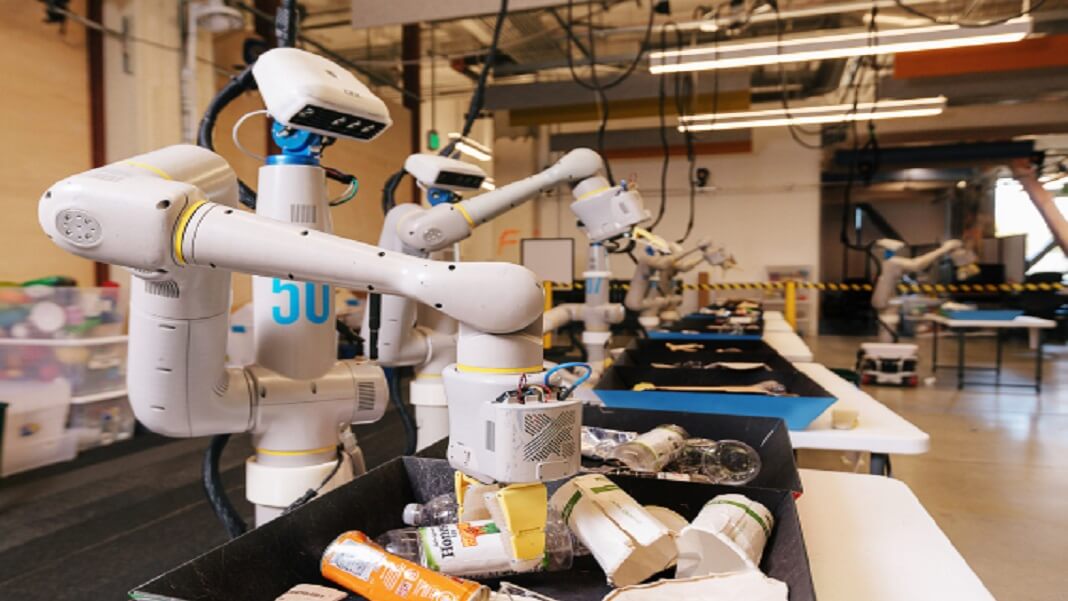› Forums › IoTStack › News (IoTStack) › Alphabet Is Developing a Robot to Take Over Boring Everyday Tasks
Tagged: Robots_H7, UseCase_G14
- This topic is empty.
-
AuthorPosts
-
-
April 12, 2020 at 5:32 am #41383
#News(IoTStack) [ via IoTGroup ]
Headings…
Alphabet Is Developing a Robot to Take Over Boring Everyday Tasks
Clean Water Should Be a Right, Not a Privilege. These Entrepreneurs Are Wor
Gene Therapy Is Successfully Treating a Common Form of Inherited Blindness
The World’s First Open-Source Nuclear Reactor Blueprint Is Coming Online
Not Bot, Not Beast: Scientists Create First Ever Living, Programmable Organ
What Needs to Happen to Get to the Flying Car Future
Retail Robots Are on the Rise—at Every Level of the Industry
For a Bright Future of Work, We Must Get Better at Collaborating With MachiAuto extracted Text……

Robots excel at carrying out specialized tasks in controlled environments, but put them in your average office and they’d be lost.
Alphabet wants to change that by developing what they call the Everyday Robot, which could learn to help us out with our daily chores.
For a long time most robots were painstakingly hand-coded to carry out their functions, but since the deep learning revolution earlier this decade there’s been a growing effort to imbue them with AI that lets them learn new tasks through experience.
That’s led to some impressive breakthroughs, like a robotic hand nimble enough to solve a Rubik’s cube and a robotic arm that can accurately toss bananas across a room.
And it turns out Alphabet’s early-stage research and development division, Alphabet X, has also secretly been using similar machine learning techniques to develop robots adaptable enough to carry out a range of tasks in cluttered and unpredictable human environments like homes and offices.
Some of the robots also have to navigate around the office to sort trash at various recycling stations.
Alphabet says even its human staff were getting it wrong 20 percent of the time, but after several months of training the robots have managed to get that down to 3.5 percent.
Every day, 30 robots toil away in what’s been dubbed the “playpen” sorting trash, and then every night thousands of virtual robots continue to practice in a simulation.
This experience is then used to update the robots’ control algorithms each night.
All the robots also share their experiences with the others through a process called collaborative learning.
And the hope is that creating robots that are able to learn from little more than experience in complex environments like an office should be a first step towards general-purpose robots that can pick up a variety of useful skills to assist humans.
So far there’s been limited evidence that experience gained by robots in one task can be transferred to learning another
Read More..
AutoTextExtraction by Working BoT using SmartNews 1.02976805238 Build 26 Aug 2019
-
-
AuthorPosts
- You must be logged in to reply to this topic.
